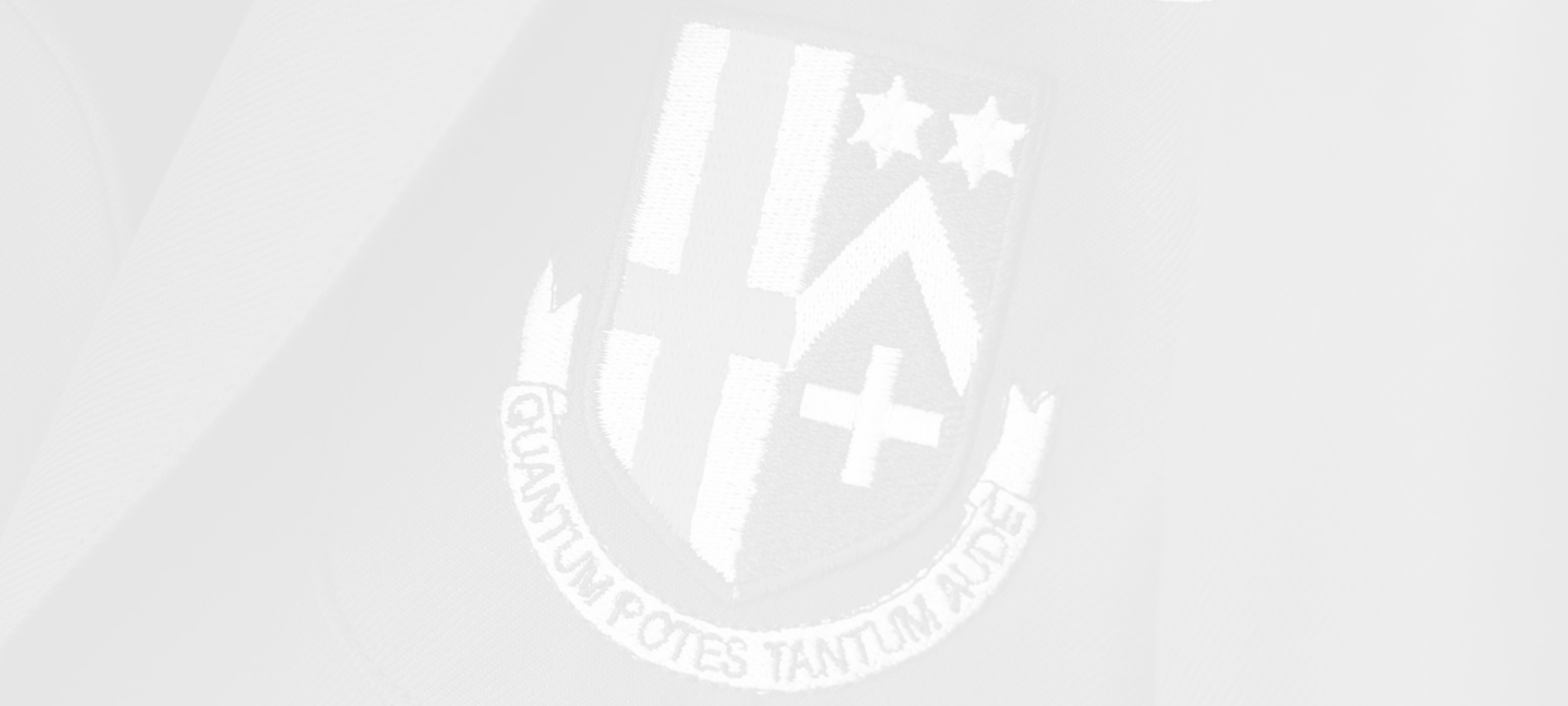
French
Mission, Ethos and Journey of Language Learning and Community Languages at Bishop Challoner School
What are the aims and ethos of language learning?
At the heart of language learning, we aim to develop a cultural understanding and curiosity. Language is a means of communication and understanding of people of other countries and cultures; it opens new horizons for young people to become global citizens and tolerant of their fellow human beings.
Learning a language should deepen each student's ability to manipulate grammar, vocabulary and phonics in a cohesive manner and foster curiosity about the cultures of other countries in which the languages are spoken. Students start learning a foreign language from Reception to secondary school. The programme for learning a language is carefully devised to allow progression from KS1 to KS2 and from KS2 to KS3, 4 and 5 progressively.
Key Stage 3 (Years 7 - 9)
At the start of KS3, students are encouraged to use their knowledge of phonics, grammar and vocabulary to develop language learning strategies to decode meanings in reading and listening exercises and develop coping strategies to express themselves. Grammar and vocabulary and phonics are taught in an intrinsic combination; they are revisited during the course of their learning and embedded regularly.
Students are encouraged to become independent in assimilation of language through correct use of phonics, grammar and vocabulary learning and move to productivity of forming sentences and manipulating grammar, and eventually move to producing challenging texts and paragraphs.
This method of scaffolding of knowledge is based on assimilation of language through manageable chunks. They are encouraged to manipulate and form sentences independently based on the latest researched pedagogy conducted by York university and OFSTED Language framework.

GCSE (Years 10 & 11)
At KS3, the students follow the language developed pedagogy based on latest research of team of linguists from York university (LDP) and Pearson scheme of work with emphasis on vocabulary in cluster of phonic sounds and grammar as well as cultural understanding in its global form; i.e. learning about Francophone countries and cultures.
Examining Board & Syllabus for GCSE.
Examining Board & Syllabus: AQA French 8652
Specification at a glance:
The specification covers three distinct themes:
Theme 1: People and lifestyle
Theme 2: Popular culture
Theme 3: Communication and the world around us
Assessment: GCSE French has a Foundation tier (grades 1–5) and a Higher tier (grades 4–9). Students must take all four question papers at the same tier. All question papers must be taken in the same series.
Extra curriculum:
Student exchange programmes, cultural language visits and Christmas market in Lille and visits to Paris.
‘Learning a foreign language is a liberation from insularity’ - Dr Rachel Hawkes


